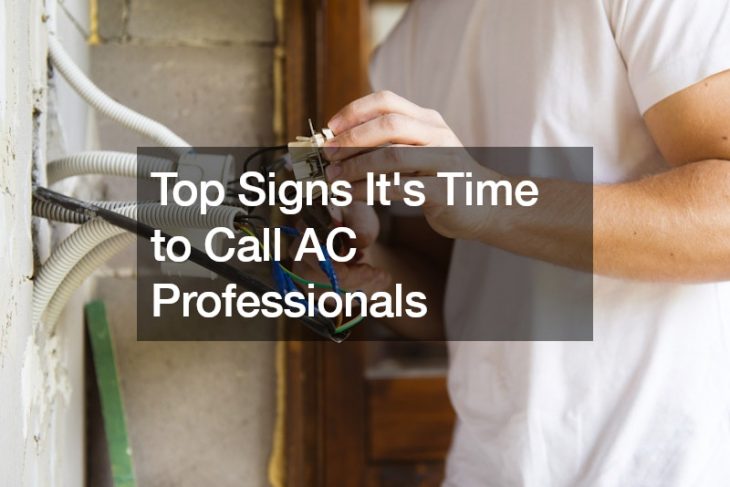
 In a world where search engines kick off 95% of all Internet experiences, it has become easy to find anything on the World Wide Web. But now, established businesses are getting the state government involved in regulating the cheaper choices available online.
In a world where search engines kick off 95% of all Internet experiences, it has become easy to find anything on the World Wide Web. But now, established businesses are getting the state government involved in regulating the cheaper choices available online.
Hotel and bed and breakfast owners are calling for the State of Illinois to investigate and shut down illegal hotels popularized by the website Airbnb.
They believe tourists are coming to Chicago and staying in Airbnb properties because of the low prices their hotels cannot compete with. As Airbnbs function by a homeowner renting out their own house to a guest, they can choose their prices; hotels, on the other hand, typically cannot be that flexible.
The problem, according to the hotels, is not homeowners renting out their rooms for a few weeks a year while they are away. The hospitality industry is, however, urging the government to look into Airbnb users who rent for long periods of time.
The American Hotel and Lodging Association reported that 96% of Airbnb business in the metropolitan Chicago area came from 75% of Airbnb operators renting for more than 30 days a year.
Additionally, 58% of the company’s Chicago-based revenue was from properties available for more than 180 days a year.
Hoteliers and bed and breakfast owners are not only reporting a drop in vacancy, but real estate availability for potential owners is being threatened.
Alderman Michelle Smith, who represents the 43rd Ward, says there is only a 2% vacancy in her neighborhood.
She tells WTTW Chicago, “Every time another person takes an apartment unit off the market and converts it into a vacation rental by an absentee owner-investor, that’s actually taking out space for people who want to live in Lincoln Park year-round.”
In response to this problem, Mayor Rahm Emanuel proposed a bill to limit short-term rentals to 90 days. After this time period, the city would implement strict licensing.
This bill has come with criticism, with the opposition calling for action from City Council.
As of May 10, additional proposals are still on the table.













